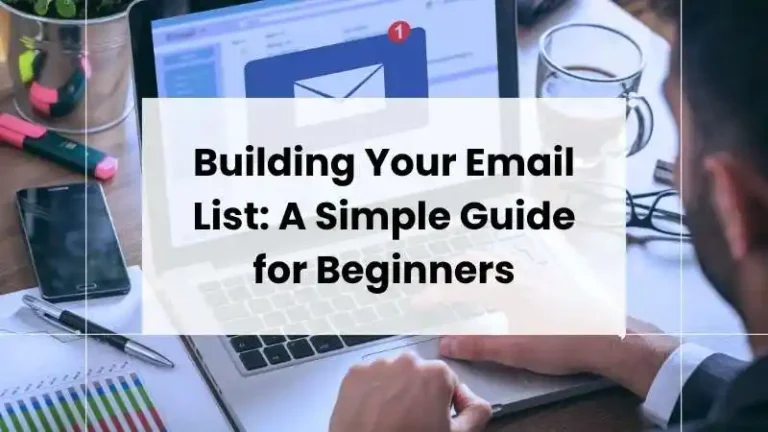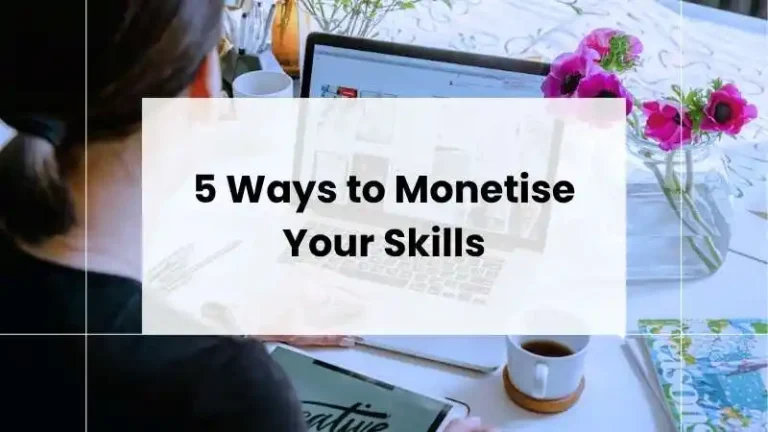Let’s be honest: being a solo entrepreneur in today’s world can feel a bit like showing up to a massive party where everyone else already seems to know each other. You’re standing there with your business card (or in our case, a shiny new website link), hoping someone will notice you.
The truth is, “building an online presence” gets thrown around so often it sounds like something you should already know how to do, like tying your shoes or making pasta. But it’s not that simple—especially if you’re doing this on your own, without a marketing team or a hefty budget.
So, let’s break this down in a way that feels human, manageable, and maybe even a little fun.
First Things First: What Do We Mean by “Online Presence”?
No, it’s not about being everywhere at once. You don’t need to open a TikTok, YouTube, Pinterest, Instagram, LinkedIn, AND Twitter account just to “look professional.” In fact, please don’t. That’s a one-way ticket to burnout.
Your online presence is really just the collection of places where people can find you and get a sense of who you are, what you do, and why you do it. For solo entrepreneurs, that usually means:
- A simple, professional website (yes, even a one-pager counts).
- At least one social media platform where you feel comfortable showing up.
- A way for people to contact you directly (email, form, DM — whatever works best).
That’s it. Not scary at all, right?
Start With Your Home Base
Think of your website as your “home base.” It doesn’t need to be the Versailles of websites, dripping with endless pages, sliders, and effects. What it does need is clarity.
- Who are you?
- What do you offer?
- How can people work with you?
If your website answers those three questions, you’re already ahead of many small businesses out there. Add in a clear call-to-action (book a call, download something useful, or simply email you), and you’re golden.
And here’s the European angle: remember, people are browsing in multiple languages and with different cultural habits. Keep your language simple and universal. Avoid too much slang. And check that your site loads quickly — internet patience levels in Europe are about as thin as the queues at Ryanair boarding gates.
Pick Your Party Spot
You don’t need to dance at every party (read: social media platform). Instead, choose one or two that feel natural. Especially where your clients actually hang out.
- If you’re B2B or service-based: LinkedIn is still the strongest bet.
- If you’re visual or lifestyle-driven: Instagram works well.
- If you like short, punchy content: TikTok is booming, but only if you actually enjoy it.
The trick is consistency, not volume. When I say consistency, this does not mean you need to post 5 times a week (unless you building yourself up as an influencer). It would be better to post twice a week consitently, where your people actually are than scatter yourself across five platforms where no one really sees you.
Let Your Personality In
Here’s where a lot of solo entrepreneurs freeze. They think, “If I want to look professional, I have to sound corporate.” Not true. You are your brand. People are choosing to work with you, not a faceless company.
So let them see you. Share a bit about your story. Autheticity is key. Use your natural voice. If you’re witty, be witty. If you’re warm and thoughtful, let that shine. And don’t be afraid to show the behind-the-scenes side: the messy desk, the coffee-fuelled late night, or the small win that made your day.
People connect to people, not polished perfection.
Keep It Manageable
Here’s a secret: your online presence doesn’t need to be built in one weekend. You don’t need to launch a website, start a podcast, open five accounts, and write a newsletter all at once.
Set a rhythm that feels doable. Maybe it’s:
- Week 1: Clean up your website.
- Week 2: Post something on LinkedIn.
- Week 3: Share a story on Instagram.
Small, steady steps beat overwhelming sprints every time.
Why This Matters (Beyond “Looking Professional”)
Having an online presence isn’t about vanity metrics. It’s about making sure that when someone Googles your name — and they will — they don’t just find your holiday snaps on Facebook from 2014. They find something current, clear, and credible.
It’s also about opportunity. A good online presence means:
- A journalist might stumble on you and quote you.
- A potential client might reach out directly.
- A collaboration could land in your inbox, no cold pitch required.
It’s your digital reputation. And like reputation in real life, it builds over time with consistency and care.
The European Solo Twist
If you’re working in Europe, there are a couple of quirks worth keeping in mind:
- Languages: Even if you only write in English, know your readers might not all be native speakers. Keep sentences simple and clear.
- Trust factor: Europeans are (on average) a little more cautious online. Having a proper website, real contact info, and a professional photo goes a long way.
- Cultural tone: Formality levels vary. A German audience may expect a different tone than an Italian one. Find the balance that fits your brand and audience.
Final Thought: Show Up As You
Building your online presence doesn’t mean creating a polished version of someone you’re not. It means making it easy for the right people to find you, understand what you do, and decide if they’d like to work with you.
So take a deep breath. You don’t need to conquer the entire internet. You just need a home base, a chosen platform or two, and your genuine self. The rest will grow from there.
Because at the end of the day, your online presence isn’t about algorithms, aesthetics, or follower counts. It’s about connection. And that’s something every solo entrepreneur in Europe — from Lisbon to Ljubljana — can build, one step at a time.




